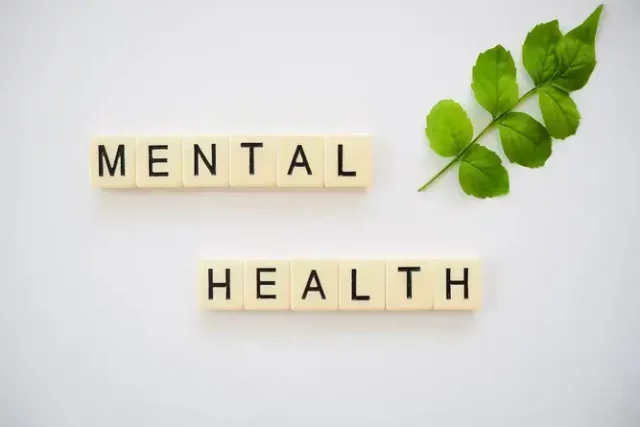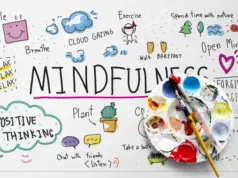Balancing your “Mental health” is vital for your overall mental well-being. Your mental well-being is the base of your overall health, your self-confidence, your relationship with others, and how you deal with emotions and problems. Everyone faces mental issues at some point in their lifetime, but that doesn’t mean you have to live with the problems forever. Seek help from professionals if you’re not able to handle them on your own. It is essential to acknowledge the underlying problems that can elevate mental issues before they get out of control. This article will guide you toward the steps that can be beneficial for your mental health.
- Join a social group:
Human beings are social animals, hence spending Quality Time with friends and family is essential to get emotional support. Socialising with your peer group creates a sense of belonging in you. Joining groups of your interest will let you meet like-minded people and together you can work on building each other up. You can learn a lot of interesting activities, or indulge in hobbies that interest you like playing cricket, table tennis, trekking, yoga, meditation, etc. Make new friends with whom you can share your thoughts and emotions. Reach out to someone from your group when you feel mentally unstable or vulnerable. - Stay physically fit and active:
Physical activity such as walking, jogging, and going for a run can alleviate symptoms of brain fatigue to a great level. Indulging in regular activities will keep you fit and boost your mental health, improve sleep, and relieve stress. If you don’t want to go to the gym, try doing yoga to rejuvenate your mind, body, and soul. Outdoor exercises help you to connect with nature which works wonders for your overall wellbeing. - Take professional help:
It’s important to acknowledge that you can need professional help as and when you feel like it. If you’re struggling with constant mental health issues and fighting stress, depression, anxiety, or trauma, consult a mental health professional. They can provide holistic support and treatment according to your condition. Therapy works wonders on your overall mental well-being by enabling you to manage emotions efficiently. - Don’t skip sleep:
Prioritising your sleep is of utmost importance since it rejuvenates the mind and body. Try to avoid screen time 1 hour prior to your sleep, read a few pages of your favourite book, or listen to soothing music for a good night’s sleep. Never compromise on your sleep as it improves your mental health and relieves stress. - Learn new things:
Learning new things can have a positive impact on mental health. Pick up a new hobby, go for art classes, learn a new language, or acquire a new skill. All this will keep the brain active and healthy and ward off stagnant negative thoughts. The process of learning stimulates the brain promoting mental wellbeing. Doing mental exercise enhances memory, and improves overall cognitive function. Keeping your brain active also reduces the risk of cognitive decline during old age.
In summary, learning teaches you ways to manage stress, anxiety, frustrations, and fears effectively. This is a great tool for you to handle the difficulties of life sensibly. Learning new things is a powerful tool for promoting mental health and overall well-being. It is an effective way to engage your mind that boosts self-esteem, confidence, and personal growth.












































